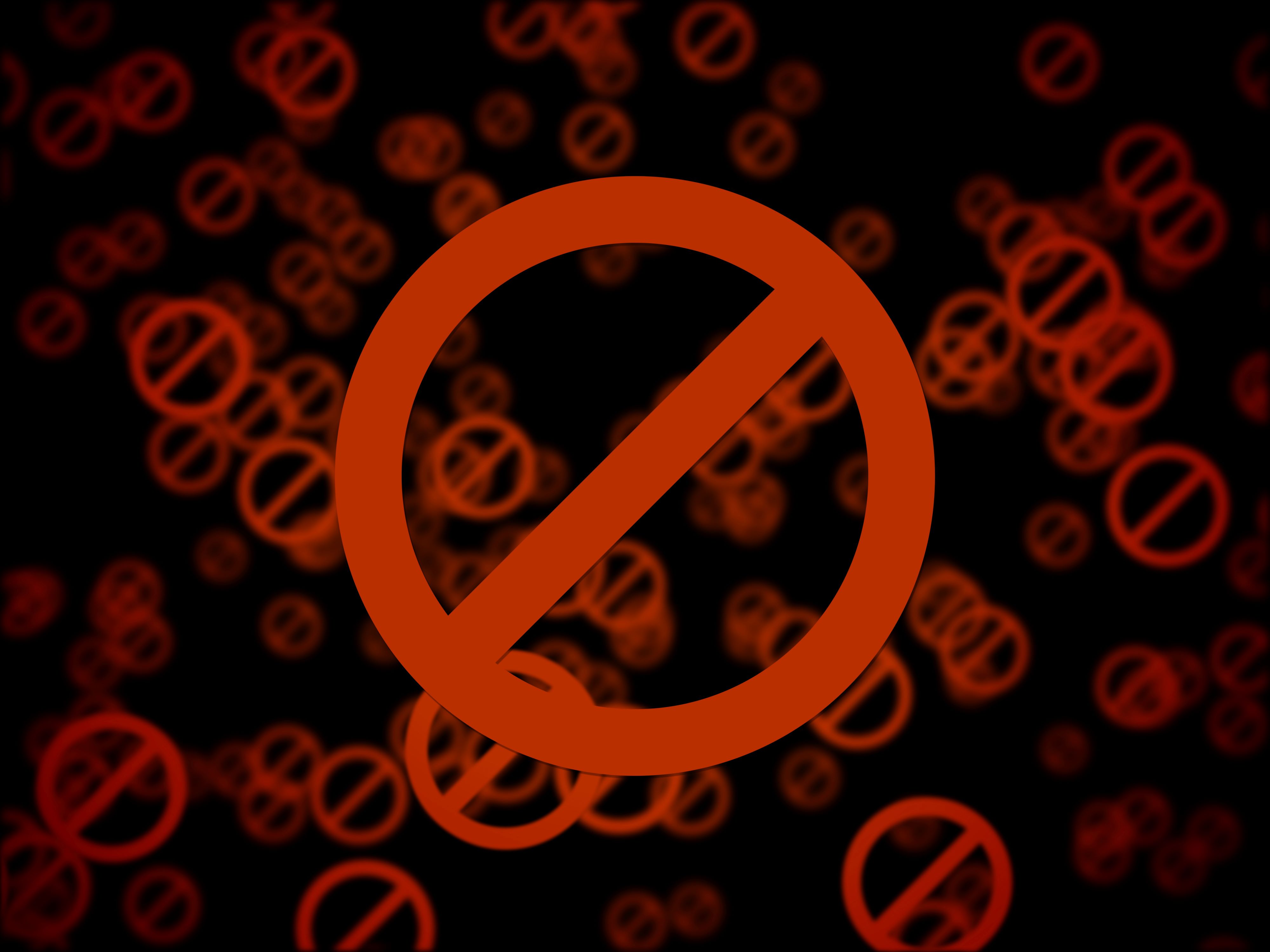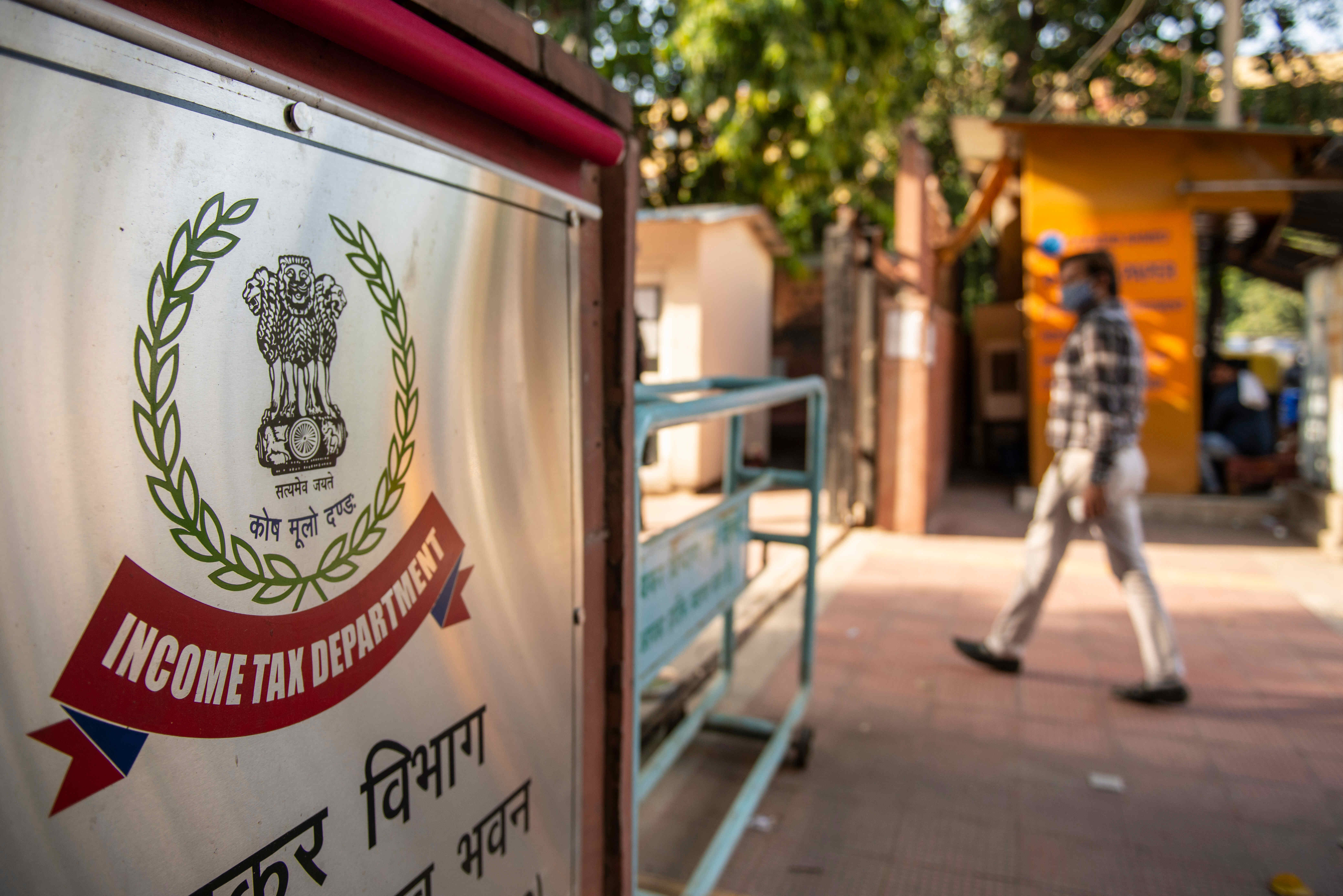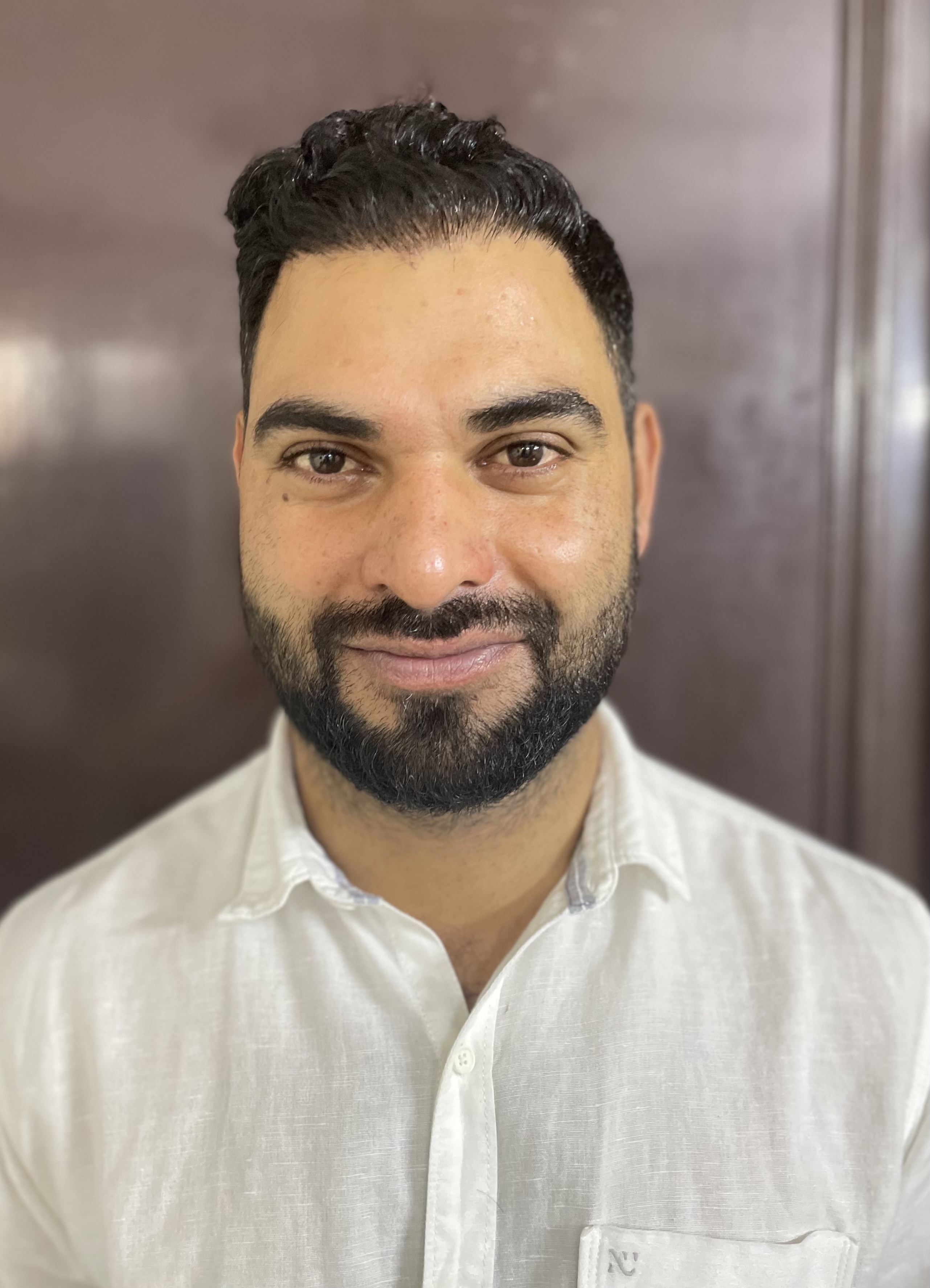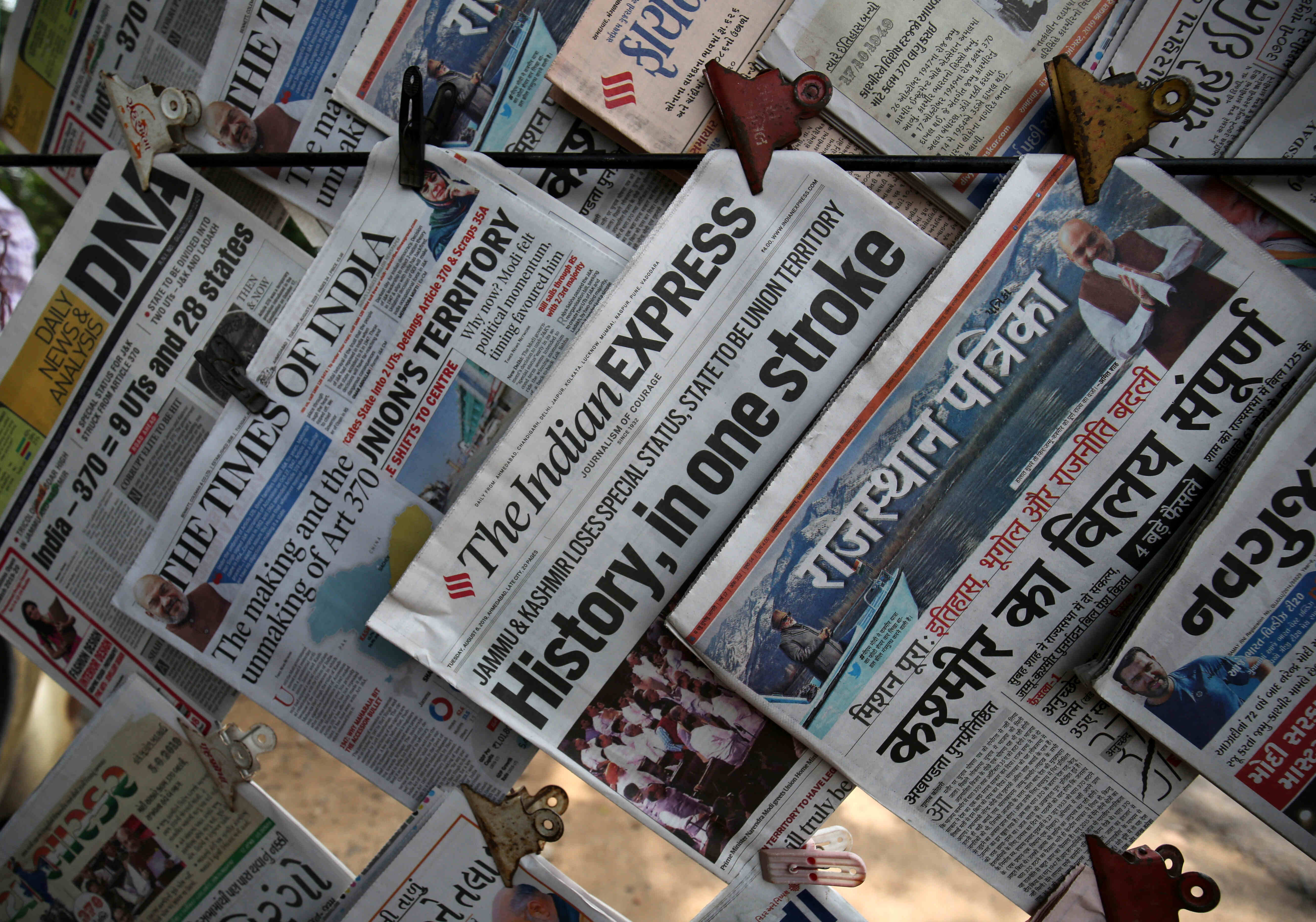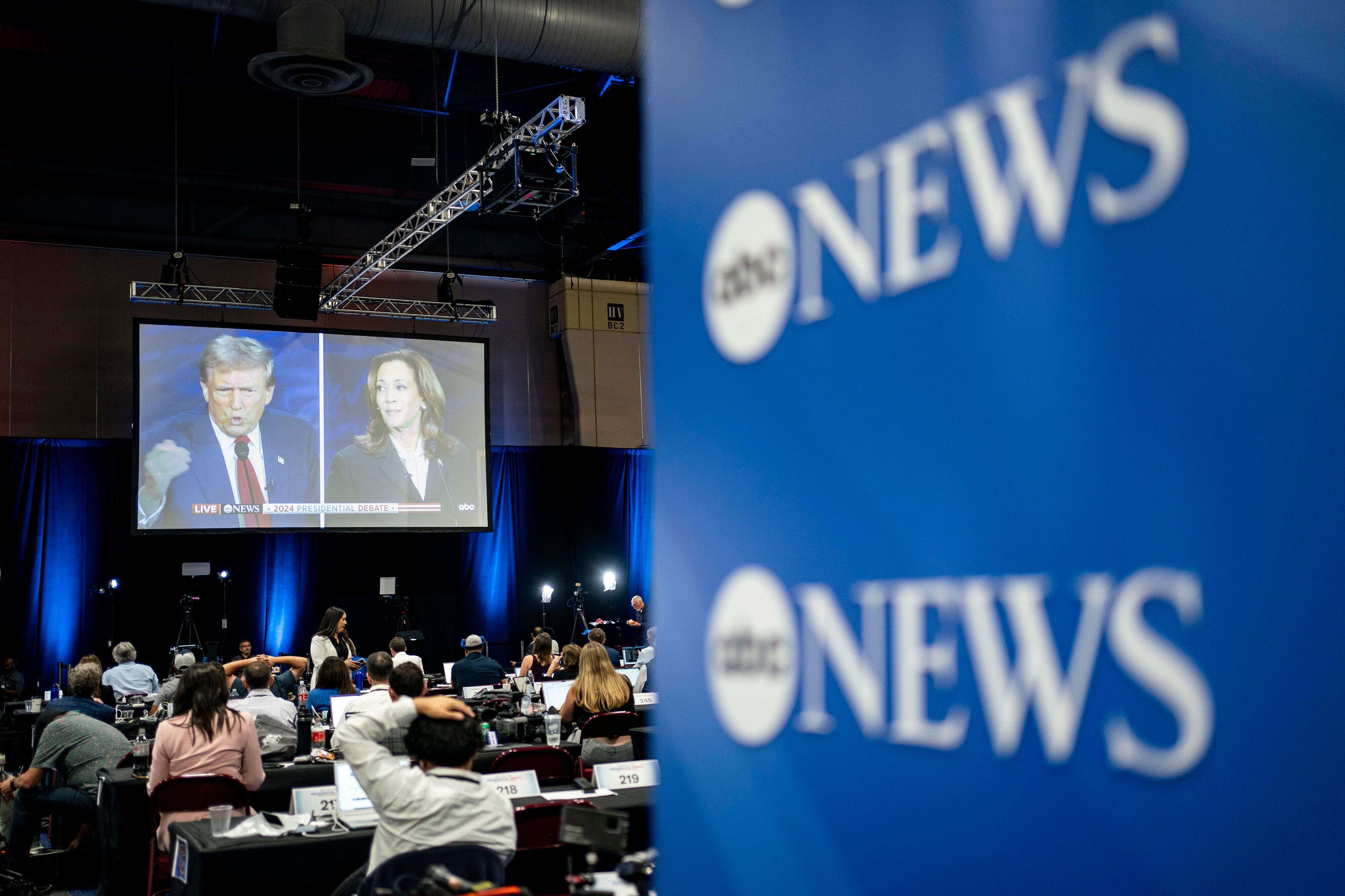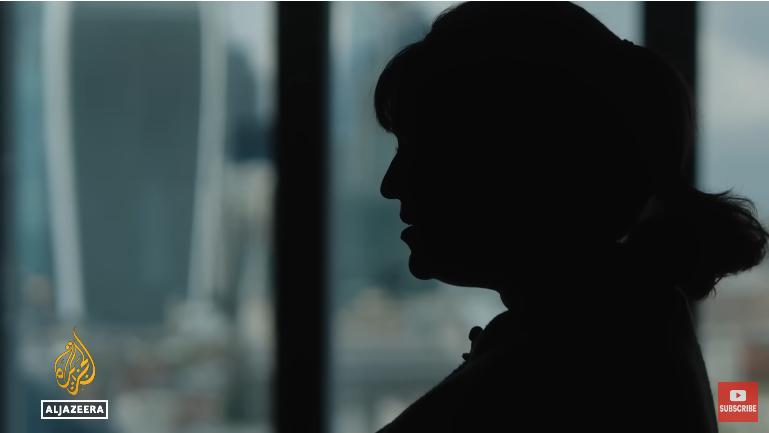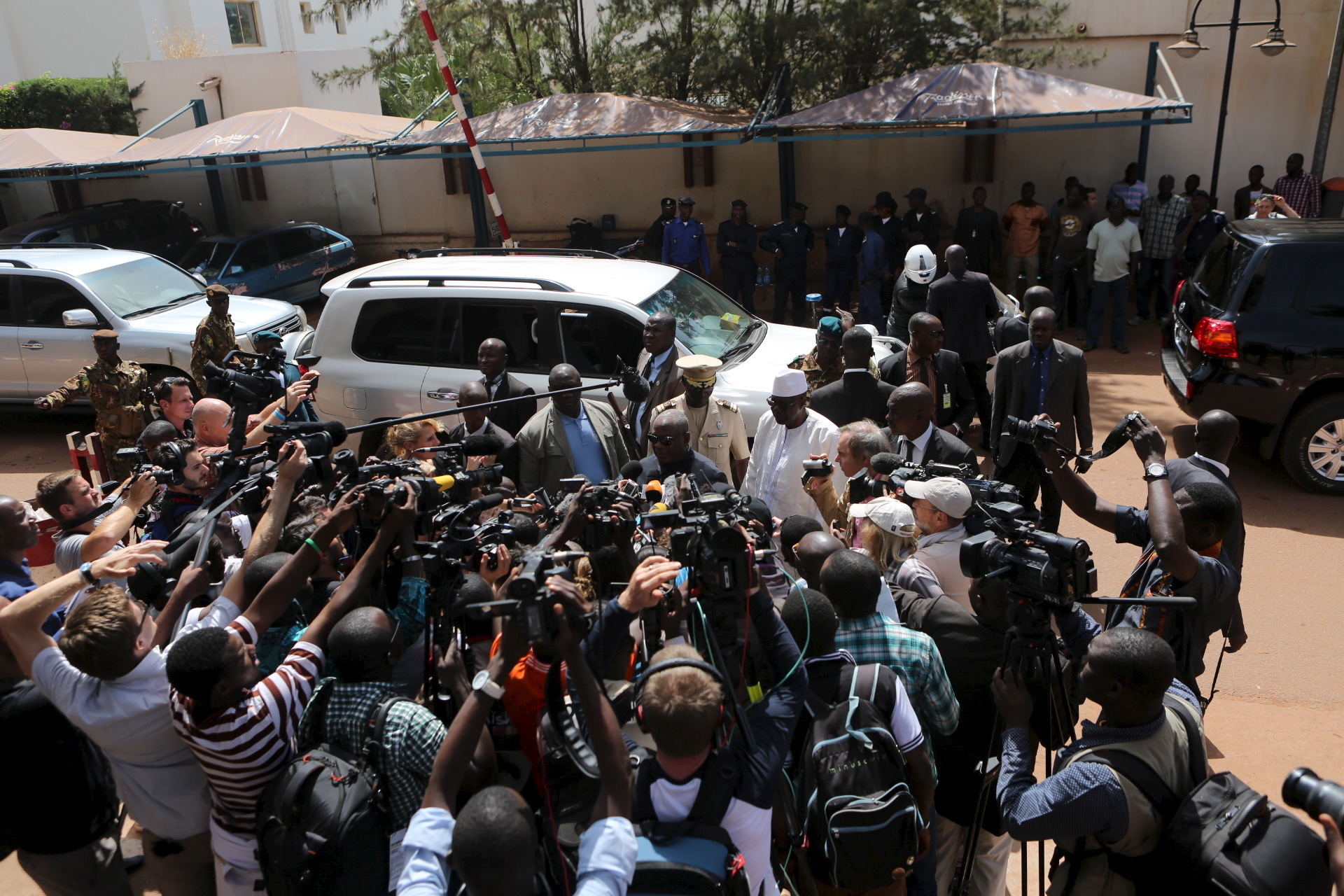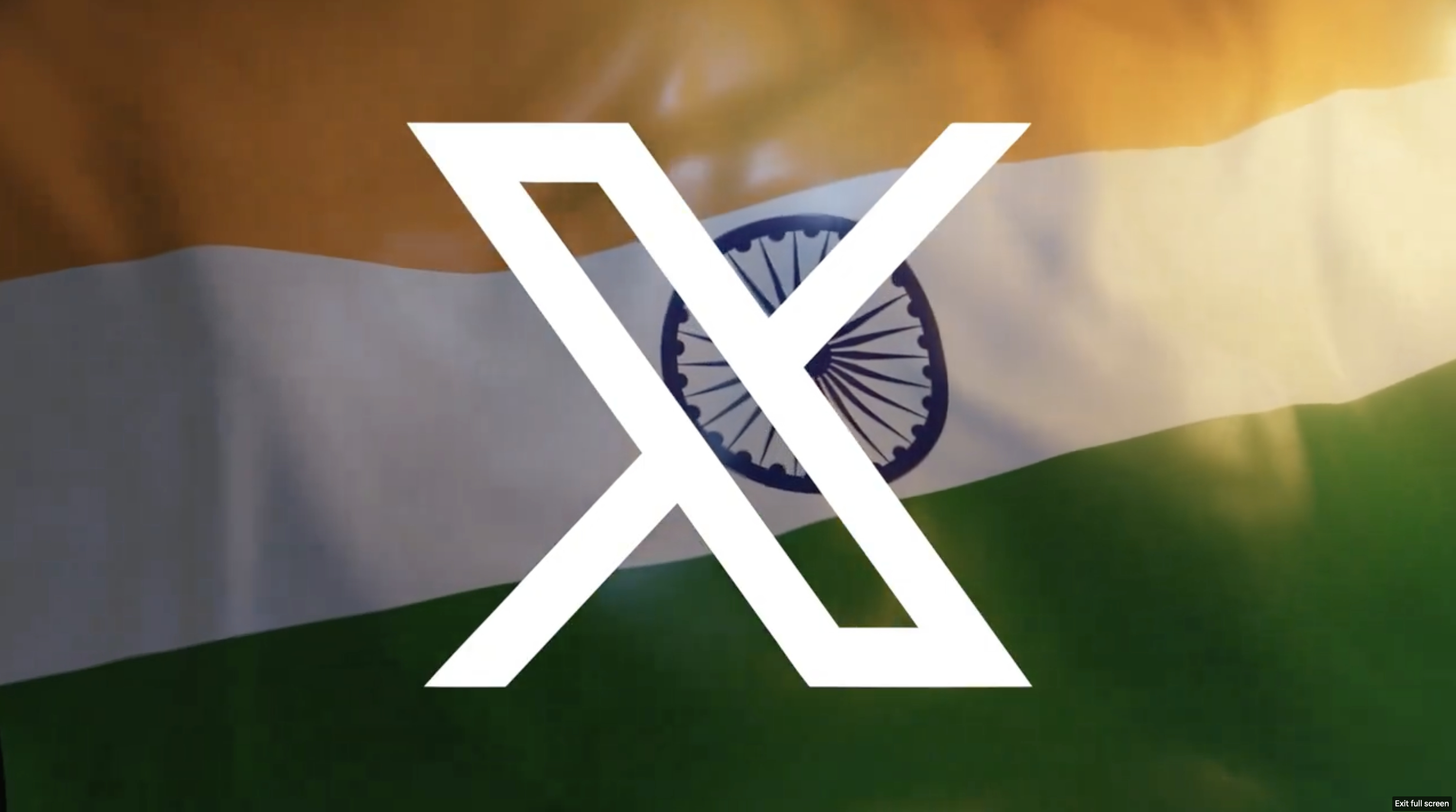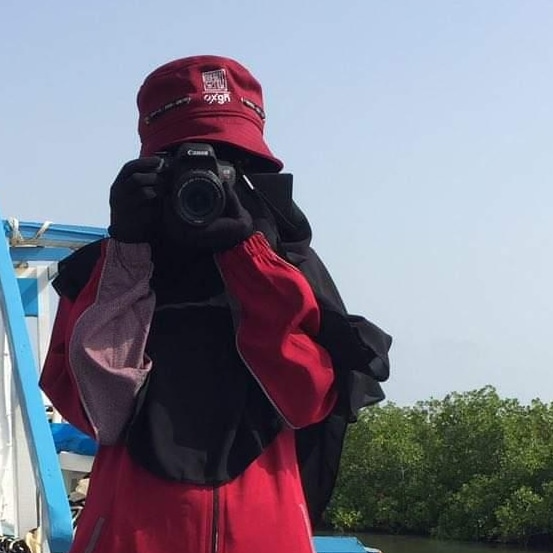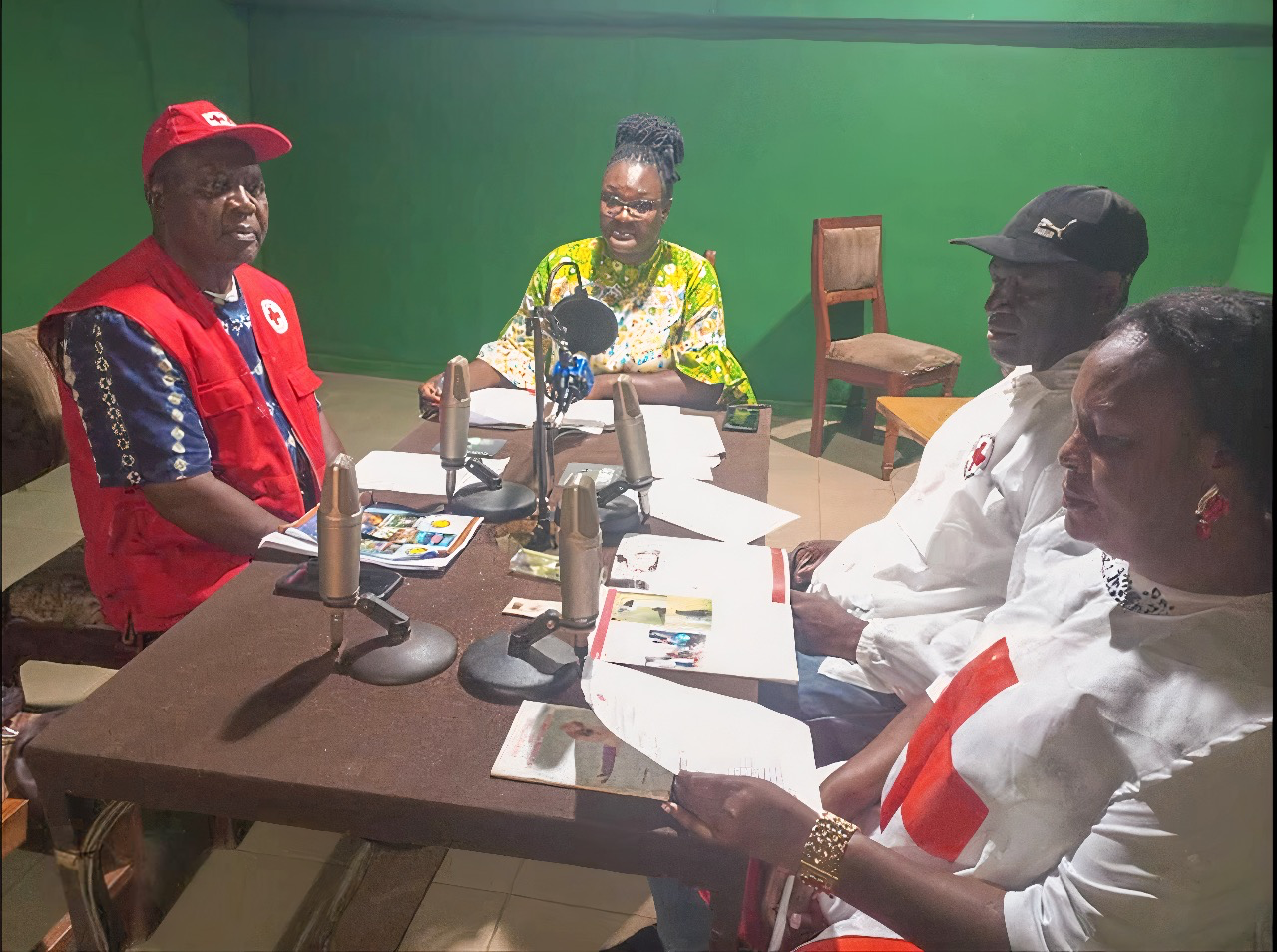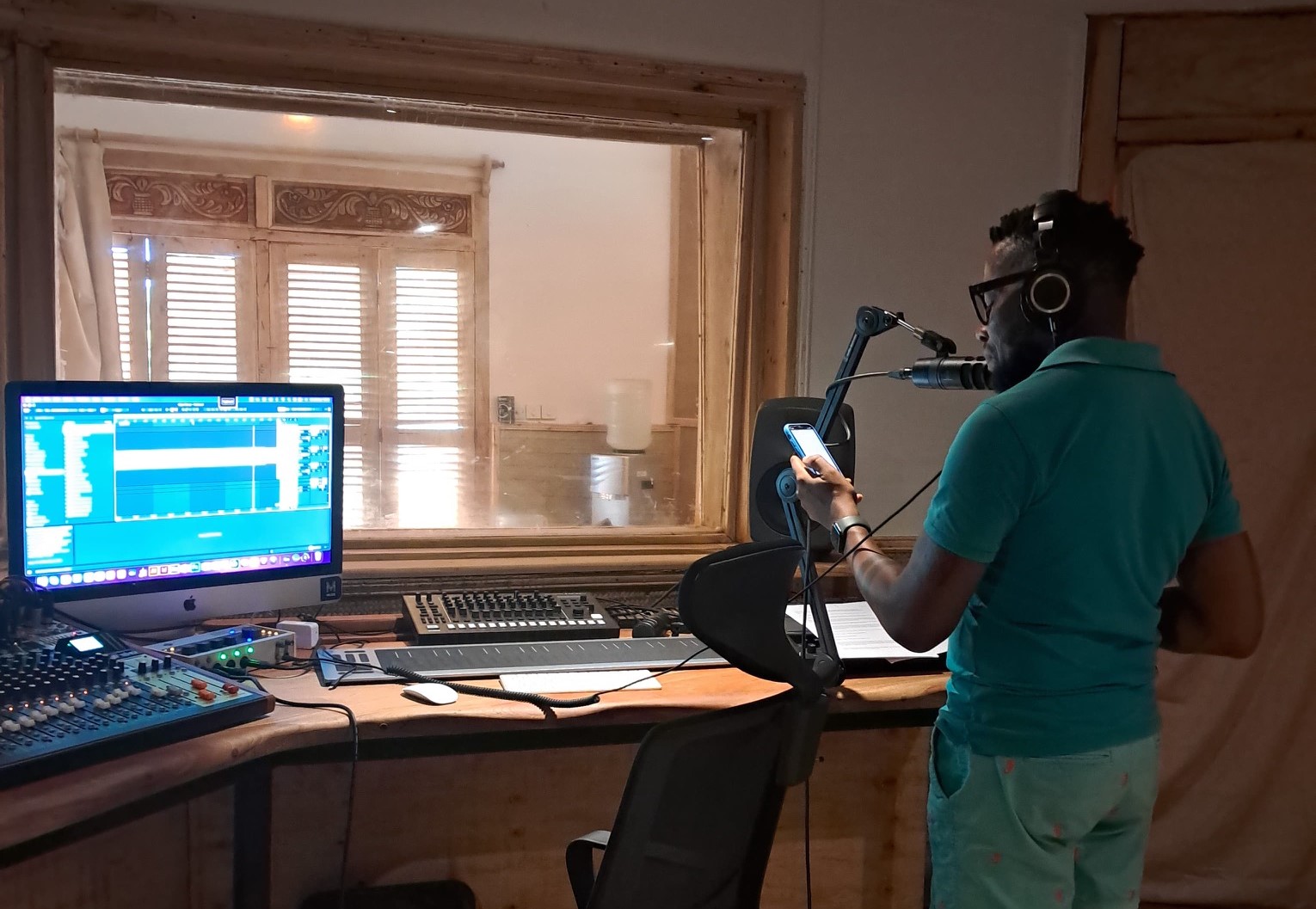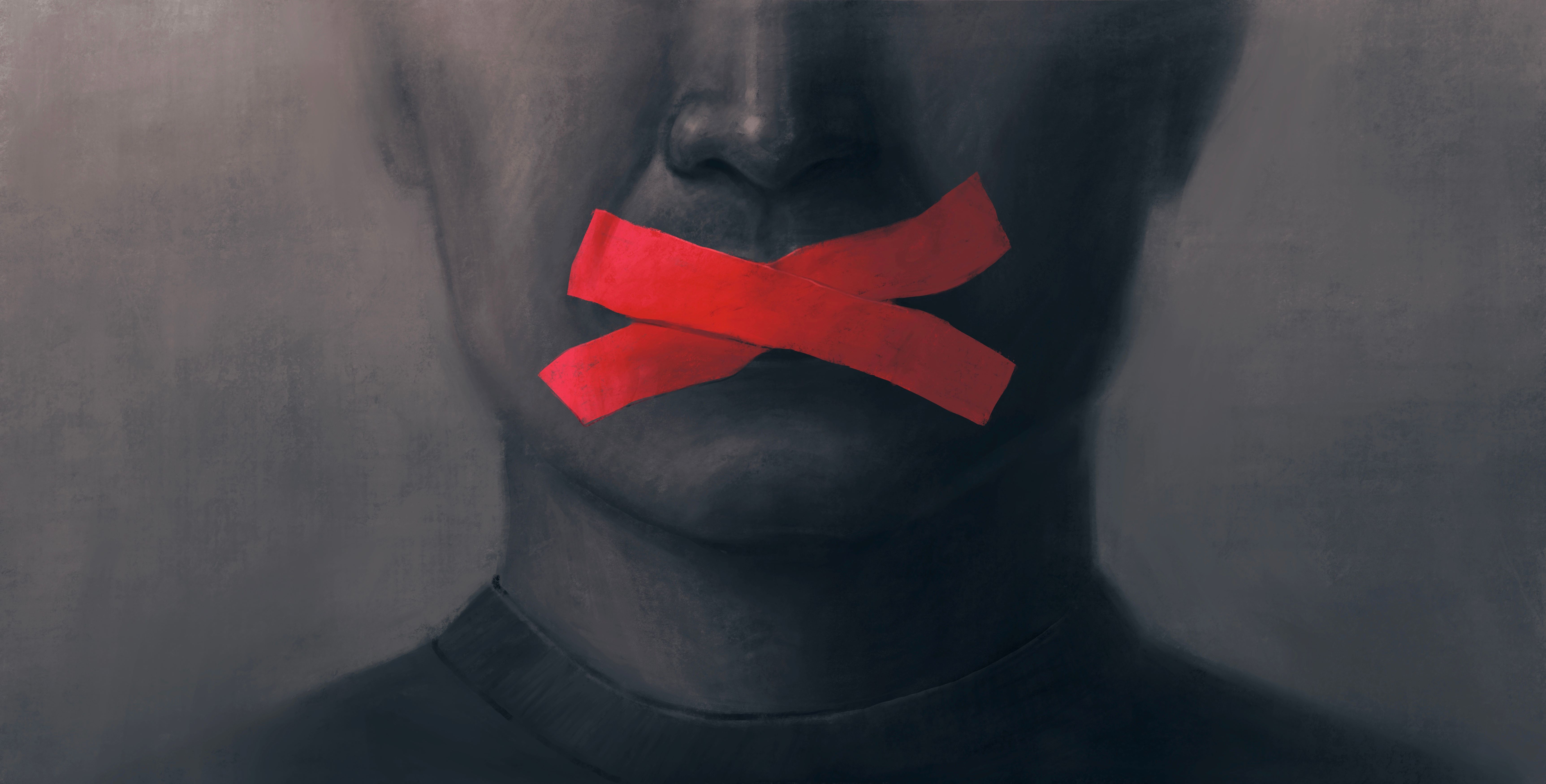On World Press Freedom Day, amidst heightened attention to the annual report by Reporters Without Borders, a report from the National Writers Union (NWU) in the United States documented that about 100 journalists faced retaliatory measures from their institutions due to their stance on the ongoing Israeli war on Gaza and their public criticism of the mainstream Western media’s failure to adequately cover the war.
According to the report, more than a third of the targeted journalists were Muslims or of Arab descent, and the pressures and pursuits they faced stemmed from within their own institutions or from pro-Israel lobbying groups, or both. The report's compilers see this trend as a worrying pattern that threatens press freedom and exposes deep problems within the media and cultural institutions in the United States and Europe.
The 34-page report details patterns of bias and double standards in mainstream Western journalism over the past months and suggests that leaders of these institutions acted in ways that suppress freedom of expression. This is evident in their scrutiny of any attempts to highlight the Palestinian narrative or express concern over the severe human rights violations occurring in Gaza and the West Bank, a behavior the report views as consistent with a broader Western movement aimed at intimidating pro-Palestinian voices, going as far as pushing for legislative changes that criminalize criticizing Israel under accusations such as anti-Semitism or supporting terrorism.
More than a third of the targeted journalists were Muslims or of Arab descent, and the pressures and pursuits they faced stemmed from within their own institutions or from pro-Israel lobbying groups, or both.
Although the report is not comprehensive, covering 44 retaliatory incidents against journalists from October 7 last year to early February this year, it opens a window into what its authors believe is a "systematic and widespread" phenomenon, turning adherence to professional journalism principles into a threat to journalists themselves.
This escalating phenomenon over the past months has given rise to a movement against it, aware of its dangers to responsible journalistic practice. In November last year, several journalists from the BBC wrote to Al Jazeera expressing their rejection of the British broadcaster's editorial policy on the Israeli war on Gaza, accusing it of bias and imbalance in valuing the lives of civilian victims. This letter included fundamental reservations from the eight journalists, pointing out the shortcomings in how the British channel dealt with the Palestinian narrative and intentionally omitted context that could prevent understanding the circumstances of the October 7 attacks. However, the journalists requested anonymity for fear of retaliatory reactions from their management and believed that disclosing their names at this stage would cause them substantial harm due to various forms of threat and extortion that the institution might practice against them, fears that the report confirms are well-founded.
The report also refers to an urgent investigation launched by the British broadcaster against six of the collaborating journalists, with a commitment in a published statement not to engage them in any new journalistic tasks, before the broadcaster later reversed its decision, concluding that no disciplinary actions were necessary.
Many media institutions updated their social media policies, allowing management unprecedented arbitrary power to censor journalists based on vague phrases that could be interpreted in a repressive manner. These measures, according to the report and testimonies from journalists, aim to prevent the formation of a critical front within the journalistic body against the bias in the coverage of the Israeli war on Gaza.
Other examples highlighted in the report include the case of journalist Zahra Al-Akhras, who was fired by the Canadian "Global News" network during her maternity leave because of posts on her personal account that supported Palestine and referred to the impacts of the war on Palestinians in Gaza. A similar case occurred with the Australian journalist of Lebanese origin, Antoinette Latouf, who had her contract with the Australian ABC network canceled simply for publishing a report by Human Rights Watch accusing Israel of starving civilians in Gaza.
Furthermore, the National Writers Union's report includes testimony from journalist Shanti Joseph, who faced a defamation campaign and harassment following an article and personal posts criticizing Israel and affirming the right of people under occupation to resist in various forms. Despite being forced to delete her posts due to the pressures and harassment, The Guardian in the UK announced it would stop collaborating with her and canceled a weekly podcast she managed, followed by The Stylist magazine in the UK, which decided to sever its professional relationship with the writer in response to the campaign against her.
In this context, many media institutions updated their social media policies, allowing management unprecedented arbitrary power to censor journalists based on vague phrases that could be interpreted in a repressive manner. These measures, according to the report and testimonies from journalists, aim to prevent the formation of a critical front within the journalistic body against the bias in the coverage of the Israeli war on Gaza.
In addition to the immense pressure journalists who resist the prevailing bias face, which contradicts their professional standards and basic human values according to their testimonies, the report notes that this all occurs under the full Israeli ban on foreign journalists entering the Gaza Strip unless "accompanied" by Israeli military units in an attempt to obscure what is happening on the ground there from the international community.
The report also draws attention to attempts by journalists in prominent media institutions like CNN and BBC, among others, to raise this issue by signing petitions urging the authorities to allow journalists access to the Gaza Strip and to work alongside Palestinian journalists, who have seen about 145 of their number killed since the start of the war.
A Belated and Insufficient Report
In a commentary on the National Writers Union's report, journalist Mohammad Shamma, a correspondent for Reporters Without Borders in Jordan, noted that the report was delayed but nevertheless raised fundamental questions about media independence and sounded the alarm about the scope and danger of targeting journalists and overlooking it. Shamma adds in an interview with "Journalism Magazine" that the calls contained in the report will not lead to radical changes in the editorial stance some media institutions take on the ongoing war on Gaza, but they may contribute to raising public awareness of the biases in the coverage of this war and emphasize the need to counter the measures aimed at persecuting journalists who express opposing views.
Moreover, Shamma believes that a hoped-for shift in public opinion among broad and influential community segments might encourage more journalists to cover what seems to be "red lines" within mainstream Western media institutions, realizing that involvement in blatant types of bias could damage their professional reputation and expose them to criticism from a considerable segment of the audience.
